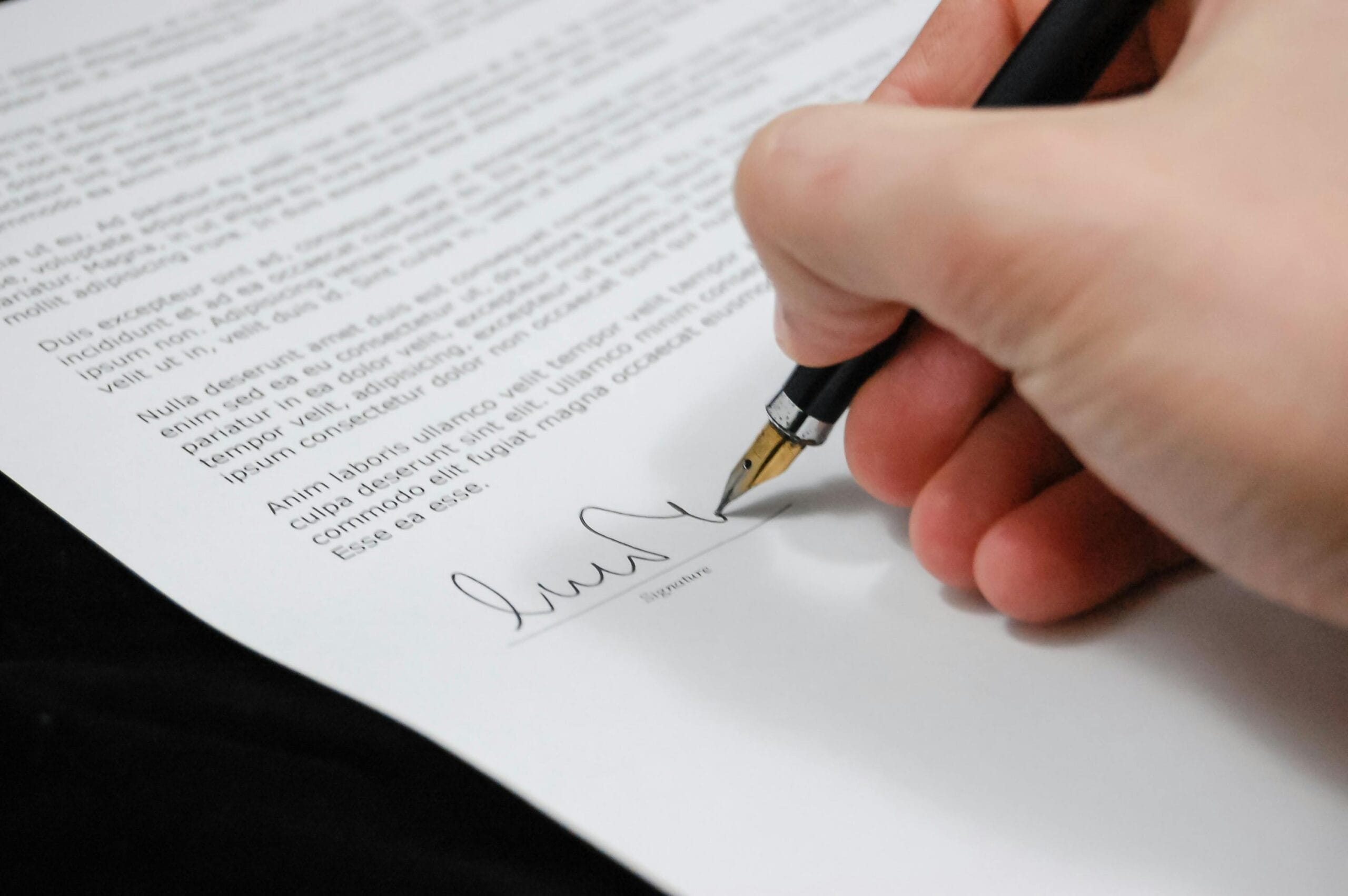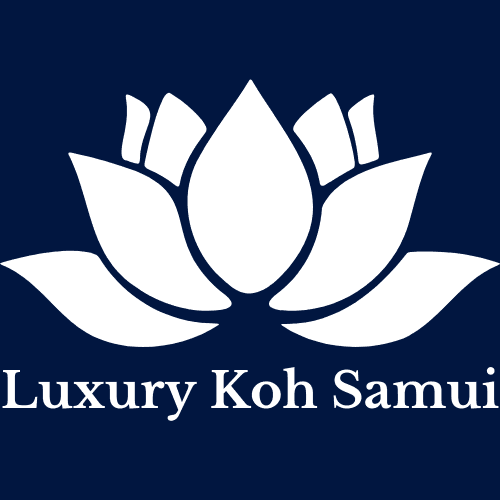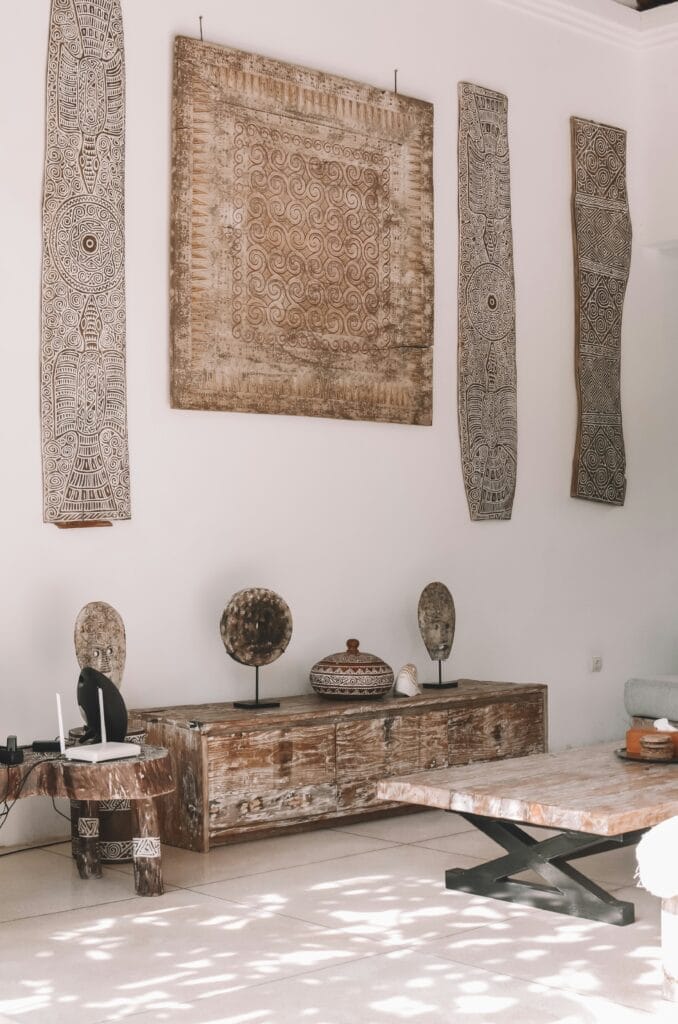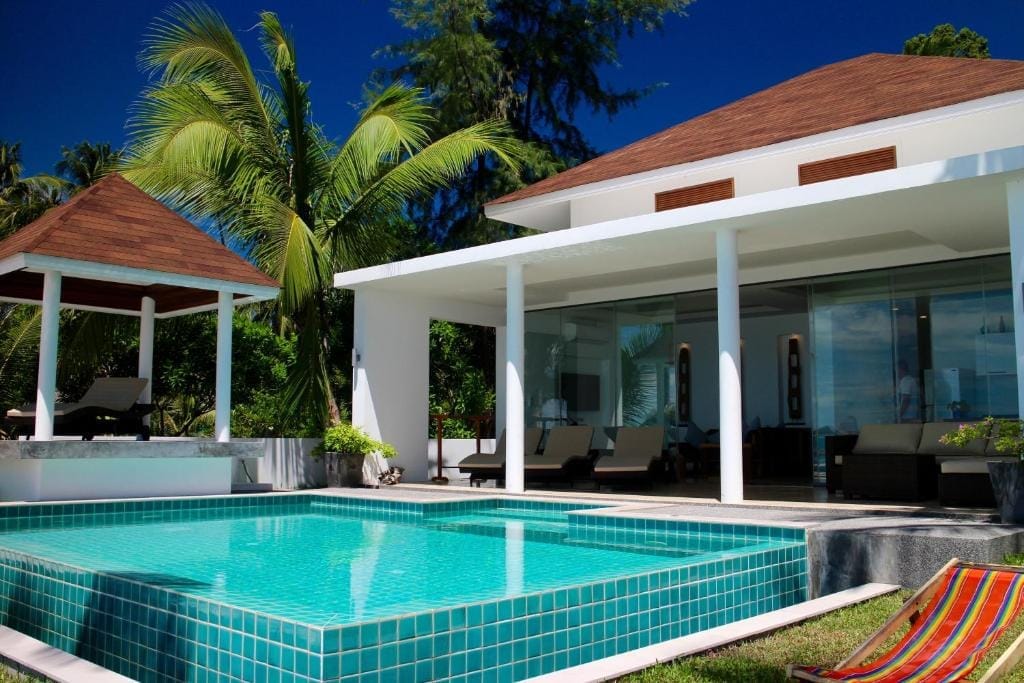
Taxes and Legalities for Buying and Selling Property in Thailand
Ownership options for foreign buyers of Thai Houses
If a foreigner wishes to purchase a house (or a duplex or townhouse) that comes with land, there are two primary options available for acquiring ownership of the land.
- One option for foreigners looking to acquire land in Thailand is to establish a Thai limited company to hold the freehold title. This company would be registered in the company’s name, and it must have at least two Thai shareholders, typically provided by the lawyer assisting with the setup. The foreign buyer can serve as a director and shareholder in the company.
While multiple foreign shareholders or directors are permitted, foreign ownership must remain below 49%. To ensure a secure structure for the foreign directors, lawyers usually implement several protective measures. These measures can include granting the foreign directors sole authority to make binding decisions for the company and assigning them preference shares that hold significantly more voting power than the nominal shares held by Thai shareholders. Additionally, when the company is formed, Thai shareholders sign an open-ended share transfer form, allowing for their replacement whenever the foreign directors choose.
Once established, the company can own the land, and investors can freely build on it, sell or lease properties, and transfer their rights to heirs.
It’s important to note that the company must adhere to legal requirements, such as maintaining accurate financial records, conducting shareholder meetings, and filing annual accounts. A reliable local accountant can manage these responsibilities for you, typically charging around 20,000 THB for annual accounting services. This arrangement allows for the inclusion of certain property-related expenses in the company’s financial records.
- Another option for foreigners is to lease the land through a rolling 30-year lease. Instead of establishing a Thai limited company, a foreign buyer can secure a lease agreement that allows them to use the land for 30 years, with the possibility of renewing for two additional 30-year periods, totaling 90 years. The lease contract can also include a provision for the buyer to purchase the freehold at any time.
It’s important to note that while the foreign buyer can directly own the house (the building), if the land’s freehold is held by a Thai company, the house is usually held within the same company. This arrangement is often preferred for tax efficiency and simplifies the resale process.
What are ownership options for foreign buyers of condominiums
In Thailand, condominiums differ from standard apartments because they have a specific condominium license. This allows foreign investors to purchase up to 49% of the private living space in a condominium building on a freehold basis. The remaining 51% of the units can be owned by Thai nationals, held in a Thai company, or leased to foreigners.
On the other hand, regular apartments without a condominium license typically follow a different ownership structure, which may involve a 30-year lease and/or shares in a company that owns the freehold. When buyers receive both a lease and shares in the company, it’s often called a “protected leasehold structure,” as the shares provide added security for lease renewals. While the maximum lease term under Thai law is 30 years, contracts often include options to extend the lease for two additional 30-year periods, resulting in a total of 90 years.
Is it easy to form a Thai limited company?
Establishing a Thai limited company to hold land for a foreign director or investor is relatively straightforward. The process can typically be completed in just a few weeks and at a reasonable cost. We offer a service in setting up this process for our clients. Having a team of reputable Thai lawyers, whom we have a strong working relationship with.
How many shareholders do you need for a Thai limited company which can own land?
To set up the company, you must have at least two Thai shareholders. These shareholders can be provided by the lawyer handling the company formation. Therefore, even if you have one foreign director, you’ll still need to include two Thai shareholders.
What are the visa options for long term stay in Thailand?
Thailand offers several visa options for long-term stays:
- Retirement Visa (O-A/O-X): For individuals aged 50 and over, allowing stays of up to one year with the possibility of renewal. The O-X visa is for longer stays (up to 10 years) but has specific financial requirements.
- Marriage Visa (O): For foreigners married to Thai nationals. This visa allows stays of up to one year and can be renewed.
- Education Visa (ED): For those studying at educational institutions in Thailand. This visa can be extended for the duration of the study program.
- Business Visa (B): For individuals who plan to work or conduct business in Thailand. This visa is typically granted for one year and can be renewed.
- Elite Visa: A long-term visa for those who pay a membership fee to the Thailand Elite program, offering various benefits and privileges for stays of 5 to 20 years.
- Non-Immigrant Visa (B, O, ED): These visas can often be extended and can be converted to other types based on changing circumstances.
Each visa type has specific requirements, so it’s important to check the details based on your situation.
Visa Exemption Rule
Under normal circumstances, residents of around 50 countries (the list changes), including the UK, USA, Australia, and most of Europe, can enter Thailand and stay for 30 days without a visa by using the Visa Exemption Rule. If you need to stay longer, you can extend your stay once for up to 30 days. You must apply for the extension before your visa exemption period ends.
Visa Options Include:
Visa on Arrival
Passport holders from 19 countries, including China and India, may apply for visas at the immigration checkpoints on arrival for the purpose of tourism and will be granted permission to stay in Thailand for a period not exceeding 15 days. Visitors who enter Thailand by Visa on Arrival cannot normally file an application for extension of stay, except in special cases of illness which prevents them from travelling.
Single Entry Tourist Visa – usually issued by a Thai embassy abroad. These are valid for 60-90 days depending on the country of issue.
Multiple Entry Tourist Visa
These are valid for 6 months and allow multiple entries within a six-month period, the duration of each stay may only last for up to 60 days.
Retirement Visa (Non-Immigrant O)
This type of visa may be issued to applicants aged 50 years and over who wish to stay in Thailand for a period of not exceeding 1 year without working. The visa is valid for one year but every three months you need to report to Immigration every 90 days to verify your current address. Other than being 50 years old, requirements for this visa include showing a bank statement with a deposit balance of at least 800,000 Baht or a monthly income of at least 65,000 Baht.
Business/Work Visa – Non-Immigrant B
This is for individuals who wish to enter Thailand to work or to conduct business, either via an employer or self-employment. There are 2 types:
90 Days Non-Immigrant Visa (Single-Entry) – this is issued by the Thai embassy or consulate in your home country which allows a stay of 90 consecutive days in Thailand.
1-Year Non-Immigrant Visa (Multiple-Entry) – this is issued to those who want to conduct business and intend to frequently travel in and out of Thailand. This non-immigrant business visa can be extended to this visa once the work permit is processed.
Thailand Elite
Thailandf Elite Visas are long-term visa categorized under Privilege Entry Visa allowing residency in Thailand, along with extra benefits, for a period between 5 and 20 years depending on the chosen package. There are substantial one-off fees and annual fees to pay but these visas are ideal for those seeking long term stay, with multiple entry facilities plus various VIP services who can afford to bypass the bureaucracy.
What are the different land measurements in Thailand?
Land prices in Thailand are typically expressed in baht per Rai, although for smaller plots, they may be quoted in baht per Talang Wah. Here are some key conversions:
- 1 Rai = 1,600 square meters (40m x 40m)
- 1 Acre = 2.53 Rai
- 1 Hectare = 6.25 Rai
- Talang Wah = 1 square Wah = 4 square meters
- 1 Rai = 400 Talang Wah (or 400 square Wah)
- 1 Ngan = 100 square Wah
Understanding these measurements can help you navigate land transactions in Thailand more effectively
Property Acquisitions via Company Takeover
When acquiring property through a company takeover (either a Thai or offshore company), ownership remains with the same company, meaning no transfer of property occurs. As a result, no property transfer taxes or fees are applicable; instead, it’s considered a share transfer.
For a Thai company takeover, the government fee is a 0.1% stamp duty based on the value of the shares. The seller must also pay personal income tax on any capital gains. For foreign company takeovers, no Thai taxes apply, though local taxes may exist elsewhere.
Property Acquisitions Without a Company Takeover
If a property is bought without a company takeover, actual ownership transfer occurs, requiring the payment of government fees and taxes, which can total up to 6% of the contract price. The specific fees depend on whether the ownership is leasehold or freehold.
Leasehold Ownership
If a property is bought without a company takeover, actual ownership transfer occurs, requiring the payment of government fees and taxes, which can total up to 6% of the contract price. The specific fees depend on whether the ownership is leasehold or freehold.
Summary of Leasehold Transfers:
- Stamp Duty: 0.1% (Paid by Seller)
- Lease Registration Fee: 1% (Split 50:50)
The seller of the lease also faces capital gains tax.
Freehold Ownership
For freehold transactions (land or freehold condominiums), the following fees and taxes apply:
- Transfer Registration Fee: 2% of the land office appraised value (often lower than market value)
- Withholding Tax: 1% of the higher between the appraised value or purchase price
- Specific Business Tax: 3.3% of the higher value
- Stamp Duty: 0.5% of the higher value
While the transfer registration fee is theoretically split equally, many agreements result in all fees being shared.
Summary of Freehold Transfers:
- Transfer Registration Fee: 2% (Split 50:50)
- Withholding Tax: 1% (Paid by Seller)
- Specific Business Tax: 3.3% (Paid by Seller)
- Stamp Duty: 0.5% (Paid by Seller)
Taxes on Capital Gains
Sellers of leasehold or freehold properties, as well as shares in a Thai company, are subject to capital gains tax. Individuals pay personal income tax (10-35% rates), while Thai companies pay corporate tax (15-20% for paid-up capital up to 5 million baht).
Foreign buyers should ensure proper documentation of funds transferred from abroad. For transfers over $20,000, the Foreign Exchange Transfer Form (FET) is required to facilitate repatriation of the same amount tax-free, except for capital gains.
Personal Income Tax
Foreigners earning income from Thai property must file a personal income tax return, taxed on a progressive scale (5-35%) after deducting allowable expenses.
Personal Income Tax Rates:
- Up to 150,000 THB: 0%
- 150,001 – 300,000 THB: 5%
- 300,001 – 500,000 THB: 10%
- 500,001 – 750,000 THB: 15%
- 750,001 – 1,000,000 THB: 20%
- 1,000,001 – 2,000,000 THB: 25%
- 2,000,000 – 5,000,000 THB: 30%
- Over 5,000,000 THB: 35%
Corporation Income Tax
Thai companies are subject to corporate income tax on annual net profits, including gains from real estate sales. For companies with paid-up capital up to 5 million baht, progressive rates apply.
Corporate Income Tax Rates:
- Up to 300,000 THB: 0%
- 300,001 – 3,000,000 THB: 15%
- Over 3,000,000 THB: 20%
Taxes on Rental Income
Income from renting property in Thailand is subject to Thai tax, regardless of the owner’s tax domicile, unless the income is received outside Thailand.
For property in a personal name: Rental income is taxed under personal income tax rules, with progressive rates and a 30% deduction allowed.
For property in a company name: Rental income is taxed under corporate income tax at rates of 15-20%, after allowable expenses.
Koh Samui Luxury Properties
Luxury Real Estate
Luxury Samui Properties, a Koh Samui-based consultancy, specializes in premium villas, land, and investment properties, leveraging over a decade of real estate expertise.
Contact Information
- WhatsApp: +66 937361155
- mail: [email protected]
- Address: Angthong 11, Ang Thong, Ko Samui District, Surat Thani 84140
© 2026 All Rights Reserved.












